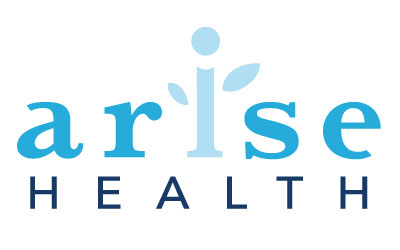
Caitlin Hunter – Naturopath
The current definition of probiotics comes from the International Scientific Association for Probiotics and Prebiotics. They define probiotics as “live microorganisms that, when administered in adequate amounts, confer a health benefit to the host”, in other words us.
Today, many individuals have reduced bacterial diversity in their gut microbiome. Common causes of this include: the consumption of a western diet high in processed foods, stress, the recurrent use of antibiotics and exposure to environmental toxins. Reduced bacterial diversity leads to poor gut health and can lead to an array of negative symptoms such as constipation, diarrhea, bloating and food intolerances.
When the gut microbiome is damaged it affects our ability to absorb nutrients from the food we consume. This in turn, reduces the energy stores we have available for our other organs and body systems, and compromises their ability to function properly. Our immune system is especially vulnerable.
Probiotics are prescribed to increase bacterial diversity and re-balance the gut microbiome. It’s essential to remember that probiotics are strain specific. There are lots of different types of probiotics for lots of different purposes. That’s why it is important to speak to your healthcare provider to determine the best probiotic for your unique health condition.

